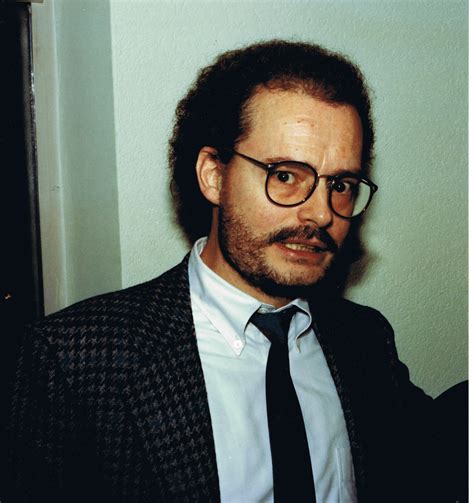A Quote by Paul Virilio
For example, we have developed an artistic and a literary culture. Nevertheless, the ideals of technological culture remain underdeveloped and therefore outside of popular culture and the practical ideals of democracy.
Related Quotes
The ideals of technological culture remain underdeveloped and therefore outside of popular culture and the practical ideals of democracy. This is also why society as a whole has no control over technological developments. And this is one of the gravest threats to democracy in the near future. It is, then, imperative to develop a democratic technological culture.
Many teachers of the Sixties generation said "We will steal your children", and they did. A significant part of America has converted to the ideas of the 1960s - hedonism, self-indulgence and consumerism. For half of all Americans today, the Woodstock culture of the Sixties is the culture they grew up with - their traditional culture. For them, Judeo-Christian culture is outside the mainstream now. The counter-culture has become the dominant culture, and the former culture a dissident culture - something that is far out, and 'extreme'.
The culture of chefs is a melting pot, and I always say this - if we could put all the heads of state around a table, each representing their food culture, and then each take one bite of the other's and pass it to the right, and then explain the ideals and culture around those bites, our world problems would be easier to solve.
Since the 1960s, mainstream media has searched out and co-opted the most authentic things it could find in youth culture, whether that was psychedelic culture, anti-war culture, blue jeans culture. Eventually heavy metal culture, rap culture, electronica - they'll look for it and then market it back to kids at the mall.
I could give examples of cabinet ministers, including defence ministers, who have no technological culture at all. In other words, what I am suggesting is that the hype generated by the publicity around the Internet and so on is not counter balanced by a political intelligence that is based on a technological culture.




































